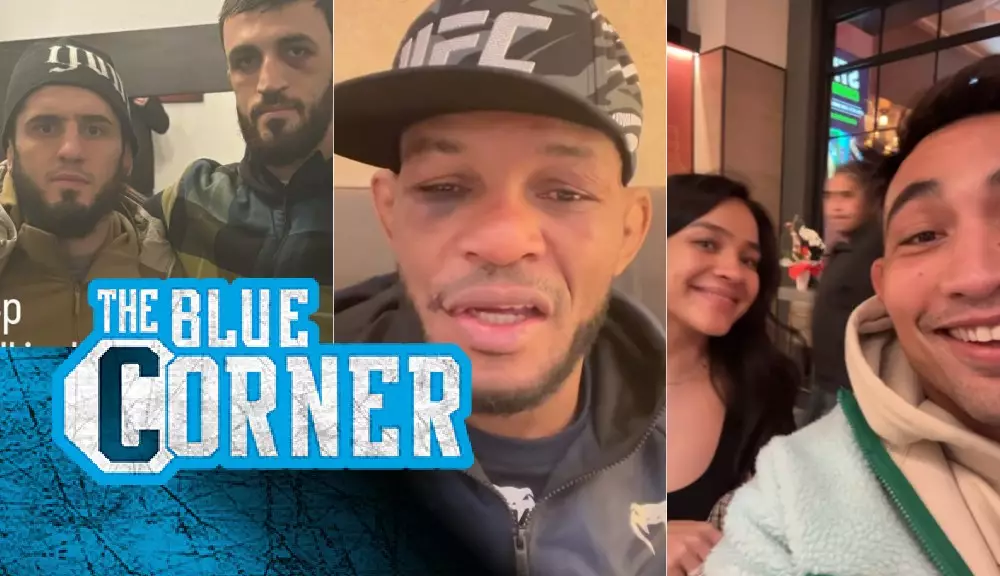Mixed Martial Arts (MMA) has undergone a transformative journey since its inception, transitioning from a fringe activity to a global phenomenon that captivates millions. At the heart of this evolution lies the critical role played by digital communication channels, particularly social media. These platforms have not only propelled the sport into the limelight but have also reshaped the way fans and athletes engage with one another.
From obscure beginnings, where matches were often relegated to underground venues, MMA is now a central attraction to vast audiences across the globe. Social media is instrumental in this transition, with platforms like Facebook, Twitter (now X), and Instagram serving as vital conduits for engagement. Fighters, coaches, and even casual fans can share insights, experiences, and personal stories, facilitating a connection that transcends the traditional spectator role. This interaction allows for a richer narrative around each fighter, drawing fans into their journeys both inside and outside the octagon.
The dynamic shift has also empowered fighters to become influencers in their own right. No longer merely athletes competing for titles, many now utilize their online presence to craft their own narratives and brand identities. This transformation not only enhances their visibility but also opens avenues for sponsorships and partnerships, which were once scarce. Through candid posts sharing training regimens, victories, defeats, and personal anecdotes, fighters engage fans on a more profound level, turning casual observers into devoted supporters.
The aftermath of significant events, such as UFC Fight Night 249, exemplifies the continued interaction between fighters and fans on social media. Following such events, it’s common to witness an avalanche of reactions from individuals within the sport. Winning fighters celebrate their victories, often posting highlight reels or expressing gratitude to their teams, while losing fighters reflect on their experiences, sharing lessons learned. Coaches and family members also partake, offering insights that highlight the dedication and emotional investment involved in this physical and psychological sport.
Social media engagement doesn’t just deepen the connection between fighters and fans; it also fosters a sense of community. Platforms allow fans to voice their opinions, celebrate their favorite fighters, and even analyze fight performances. Discussions that once occurred exclusively in person or through specialized forums now happen openly and extensively online, creating a more inclusive environment where all voices can be heard. This democratization of conversation enriches the MMA community, enabling diverse perspectives to coexist and flourish.
The integration of social media into the MMA landscape marks a significant evolution in how the sport is perceived and experienced. The familiarization of fans with the personal lives, struggles, and aspirations of fighters fosters greater empathy and support, enhancing the overall excitement surrounding MMA events. As the sport continues to grow, the power of digital connectivity will play an overarching role, shaping the narratives of tomorrow’s champions while ensuring that the essence of community remains alive and well.

